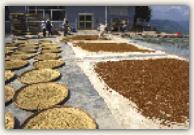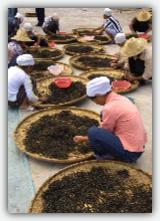 |
|||||||||||||||||
 |
|||||||||||||||||
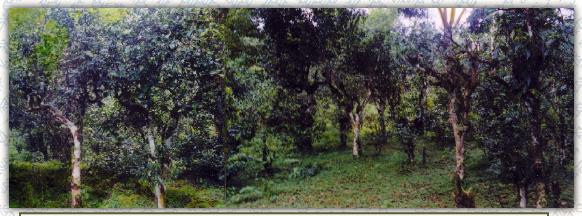 |
|||||||||||||||||
 |
|||||||||||||||||
 |
|||||||||||||||||
 |
|||||||||||||||||
 |
|||||||||||||||||
 |
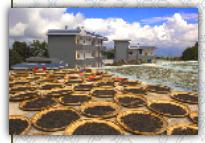 |
||||||||||||||||
 |
|||||||||||||||||
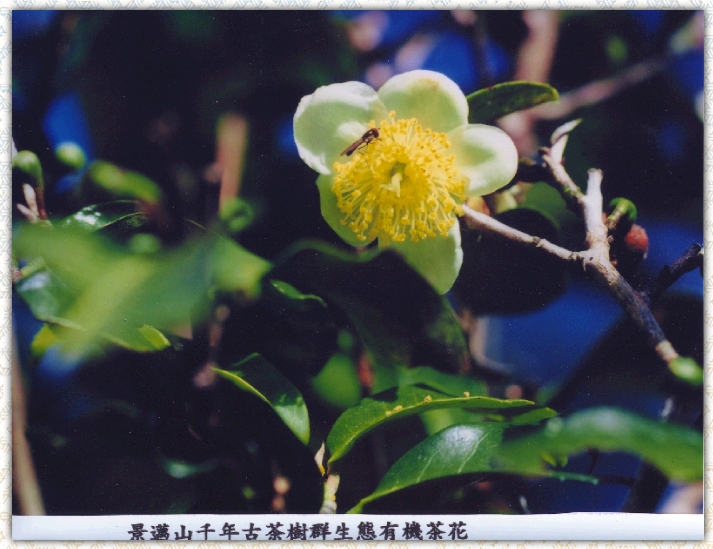 |
||
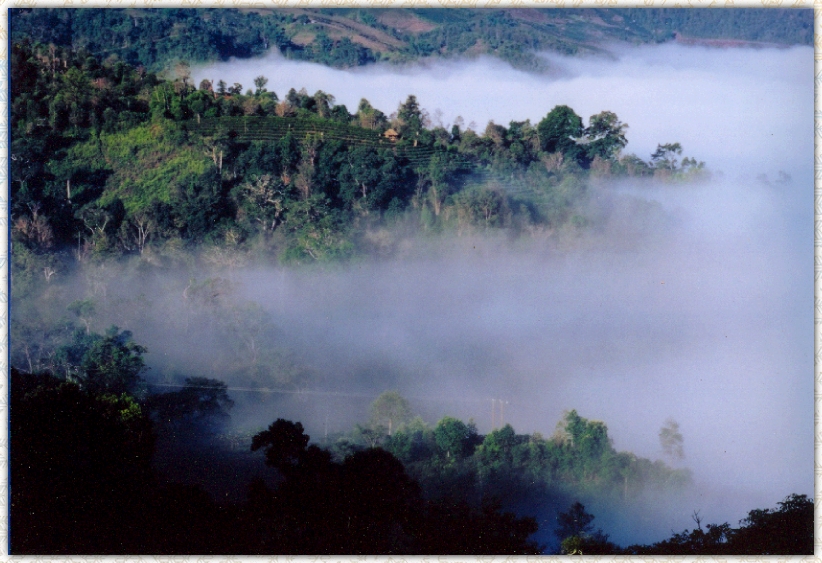 |
||
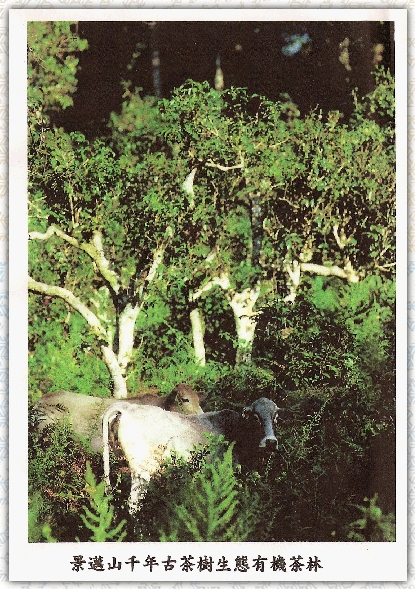 |
||||
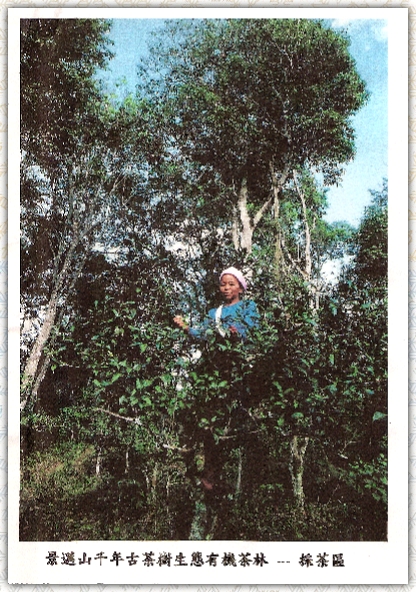 |
||||
 |
||
Mystical Ancient Tea Plantations
On JingMai & MangJing Mountain lies the most extraordinary ancient tea plantation in the world with tea trees spreading out to cover over 11,000 acres of mountains. The ancient tea forest of this high mountain area is located at approximately 5,000 feet above sea level and is enshrouded in mist. The rich soil and climate are especially suitable for the growth of these tea trees. According to history, tea cultivation in this area began over 1,300 years ago. Experts have verified that most of these ancient tea trees are between 800 to 1,200 years old. It is the largest ancient tea plantation ever found in China that is still producing tea today. The tea trees in the soil rich forests have never been fertilized, sprayed with chemicals, or watered. They have been extolled as a "Natural Tea History Museum." The teas that are produced from here are true quality organic products." With its scientific and cultural heritage, it is certainly the most precious tea aspect of culture in the world.
Based on records carved in stone, tea cultivation in this area can be traced back to 696 AD. For over 1,300 years, tea has been the main economic source for local villages,The Dai, Lahu and Bulang ethnic minorities. These tribes harvest and produce teas in conjuction with 101 Teas. Many historic documents also validate the important economic and political contributions made by these ancient tea plantations. For centuries, local people continued to farm and harvest tea using traditional methods. Tea became a very basic and widely used commodity in everyday life. It was used for everything from cooking to medication. The villages and plantations relied deeply on each other, and through the years, they gradually blended together, to become one unique family in the forest. This tea is fairtrade certified, working in a stewardship with The Dai, Bulang and Lahu. tribes to support, education, environement and tribal livelihood. www.fairtradecertified.org
Tea growing areas:
Within this enormous forest that covers more hills and mountains than the human eyes can see, are 5 major areas with high concentrations of the ancient tea trees. These areas consist of 12,000 acres of production area out of the 32,000 acres of old growth forest. Nearly 70 percent of those ancient tea trees are located around the Mt. Jing Mai & Mang Jing area, making it the most famous region of all, and the reason that Mt. Jing Mai has become the symbolic name for the Ancient Tea Plantation.
Tea Harvesting and Processing:
Picking leaves from the thousand-year-old tea trees, is an arduous process. The girls who pick the leaves must climb huge, tall trees to harvest the new buds. It is dangerous and usually the buds are not plentiful. Tea produced in this region is made using traditional methods with little variation. Our aim is to introduce modern tea knowledge as well as advanced production facilities to ensure a quality product and better livelihood for the tea villages tribes.
Characters and properties of the teas from these regions:
Unlike the tea harvested from tea shrubs these days, teas grown in this region are categorized in the tree family. They grow in a balanced eco-system without the use of synthetic fertilizers and chemicals. Tea made from the buds of these thousand-year-old tea trees has a special flavor that beguiles. It carries a slight sweetness that is rarely found in other teas. One sip of this miraculous organic tea will leave your mouth filled with an unforgettable aroma and the feeling that life is as everlasting as that of the thousand-year-old tea tree…
According to our recent studies, tea from the ancient tea trees contains higher levels of polyphenol (catechin/flavanoid, flavones, anthocyanin and phenolic acids) than regular bush teas. It also contains Germanium, which are not normally found in cultivated tea plants.
Tea polyphenol has shown remarkable effects on anti-oxidation, bacterial inhibition, anti-radiation, prevention of carcinogen formation, reduction of blood-lipid, removal of free radicals, and deodoring.
Germanium has long been known for its use in clinical trials and has been reported to have therapeutic health effects in prevention of many diseases, including cancer and arthritis.
